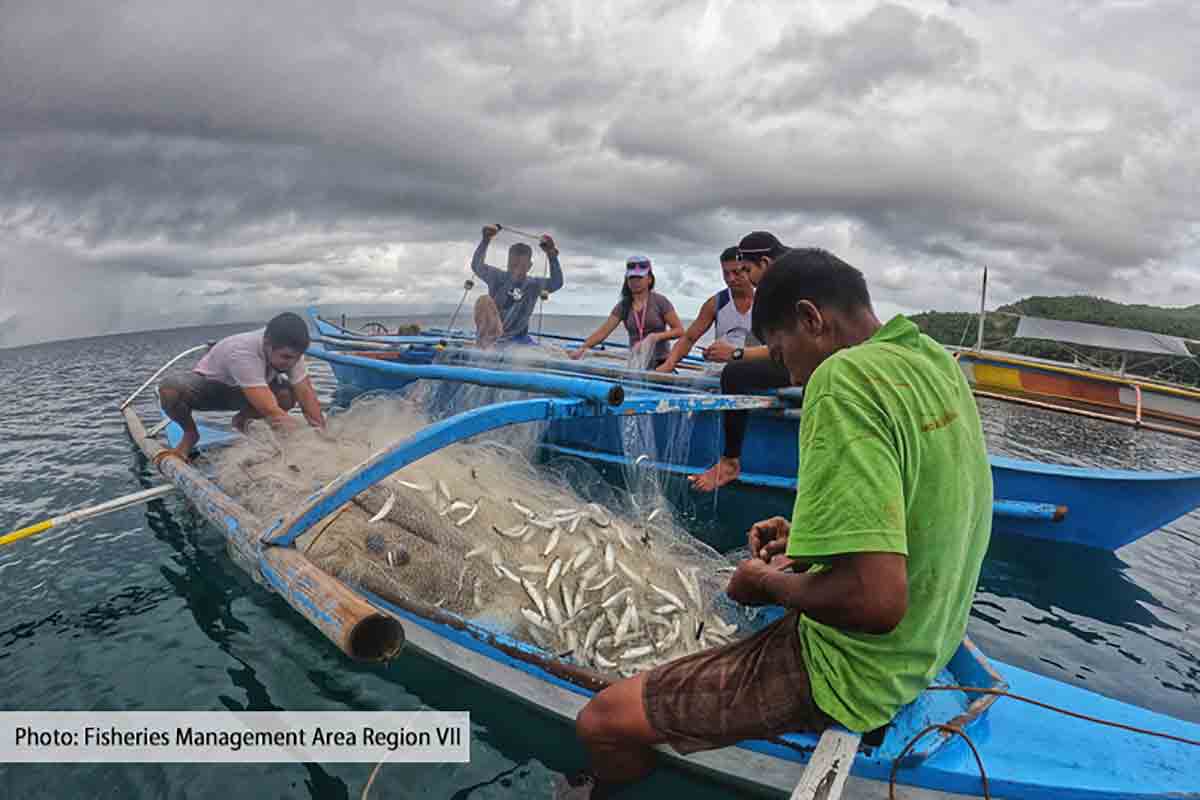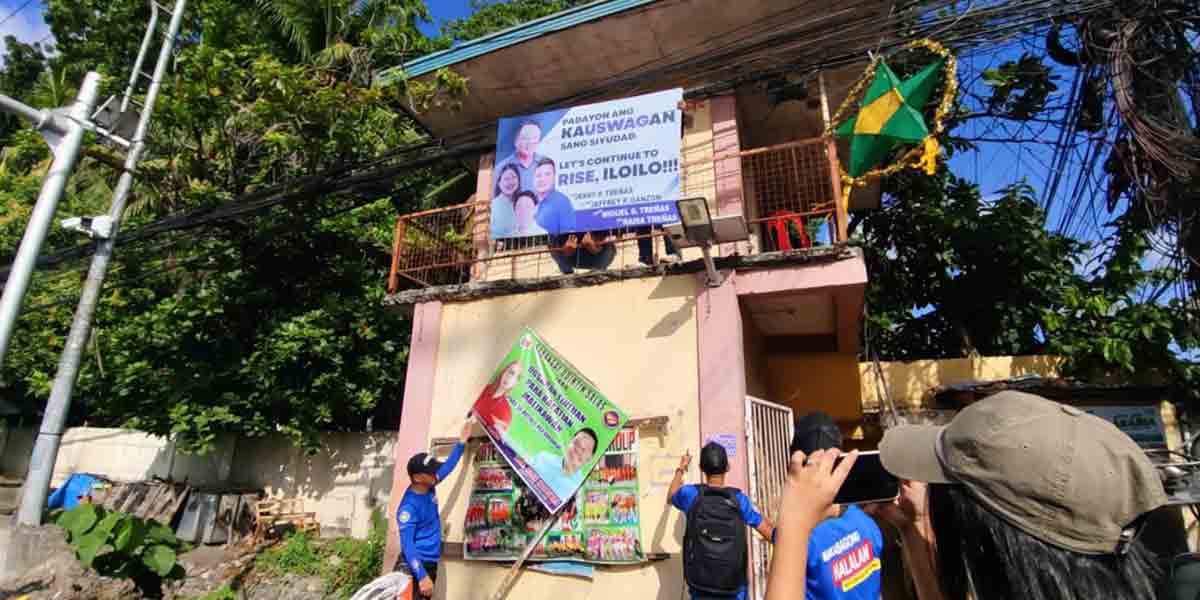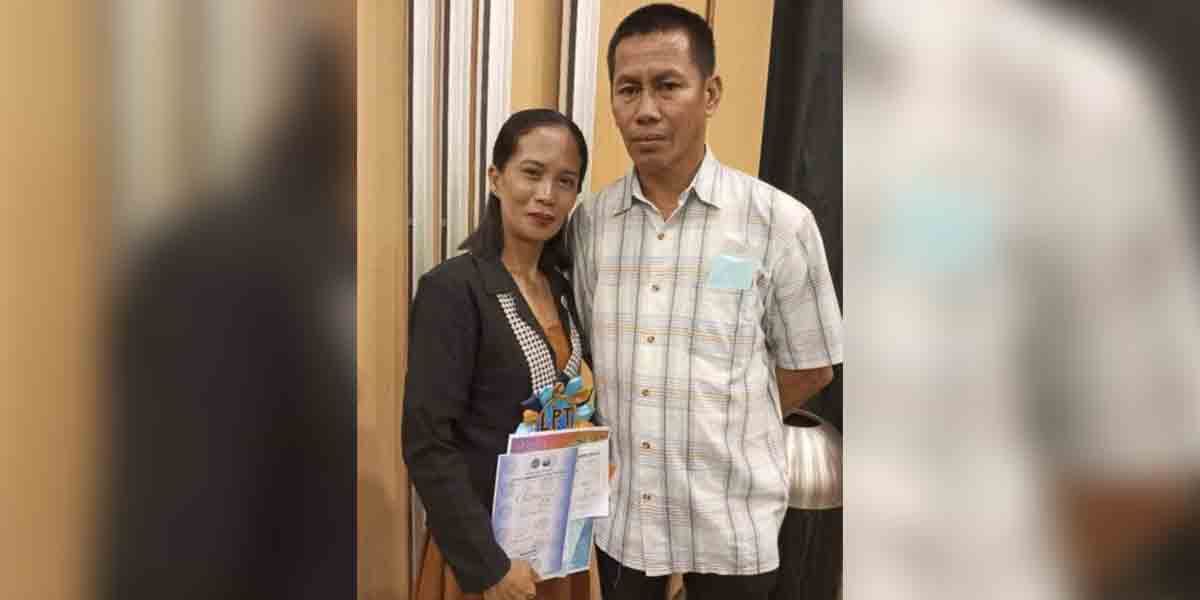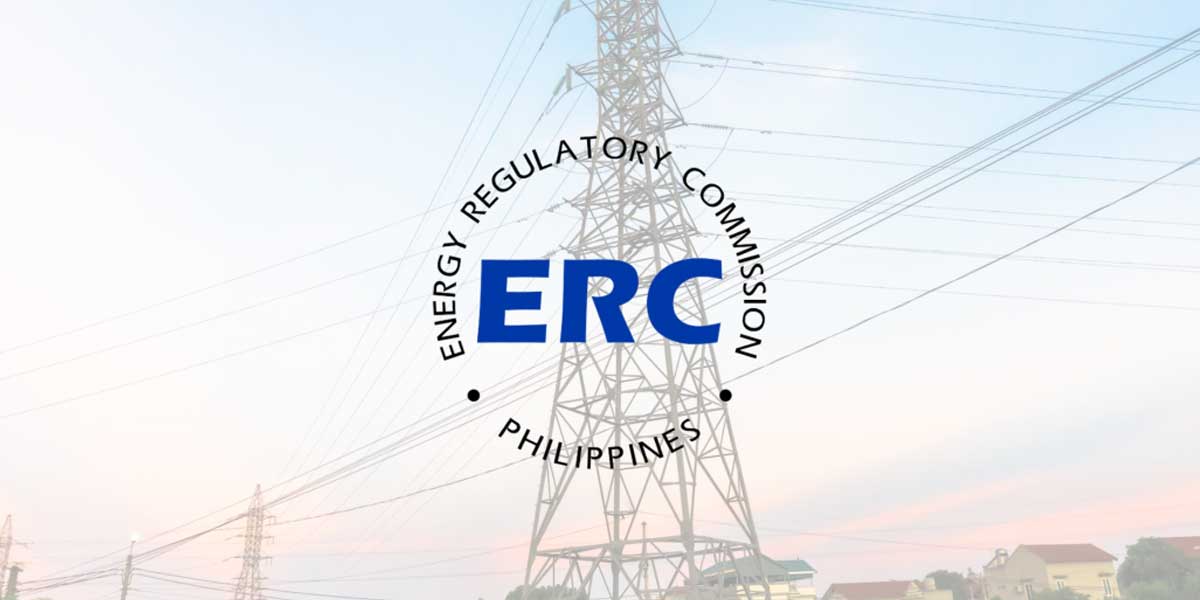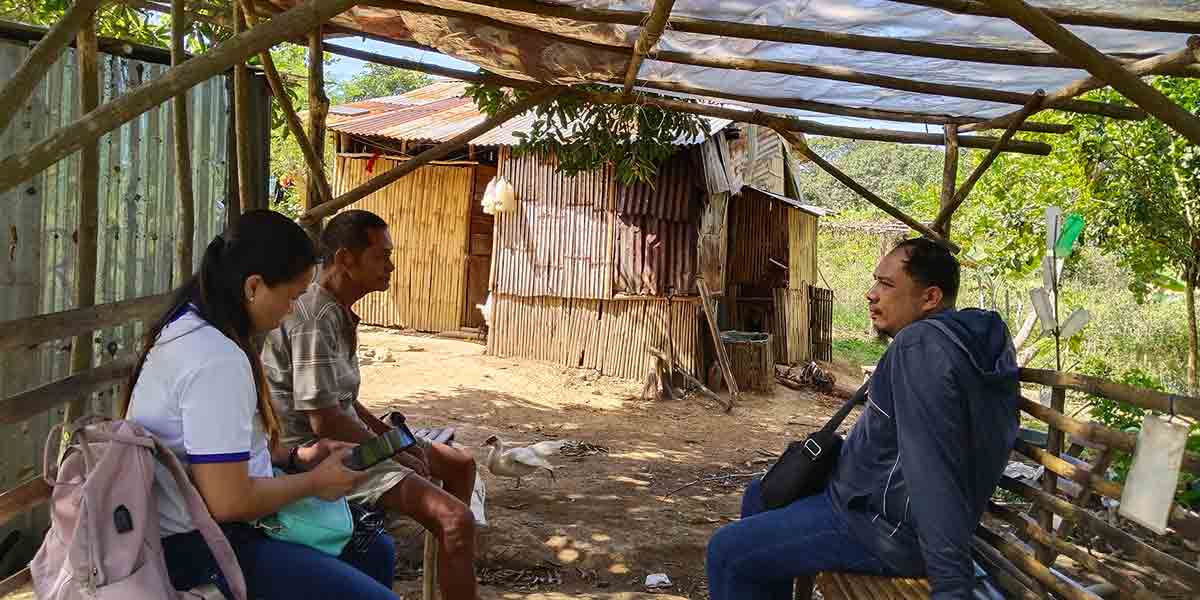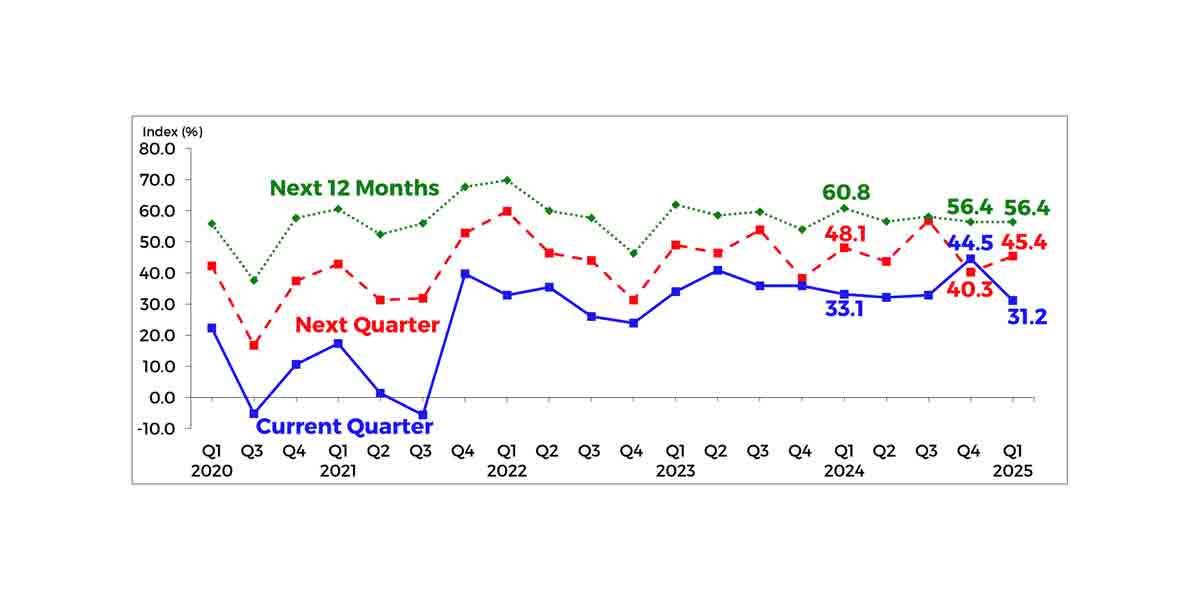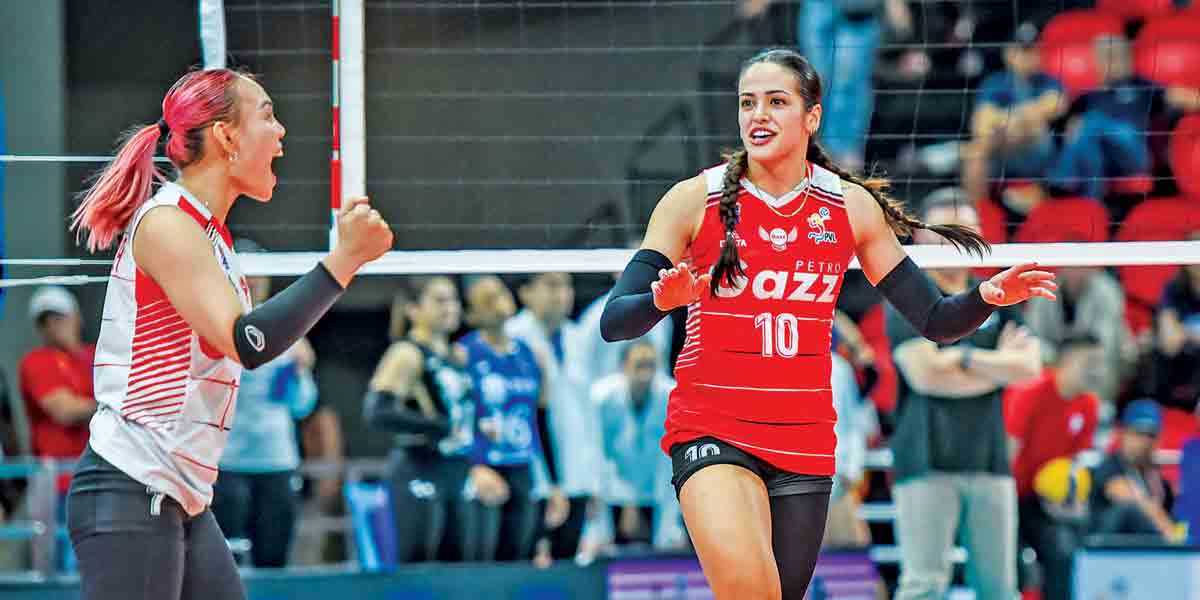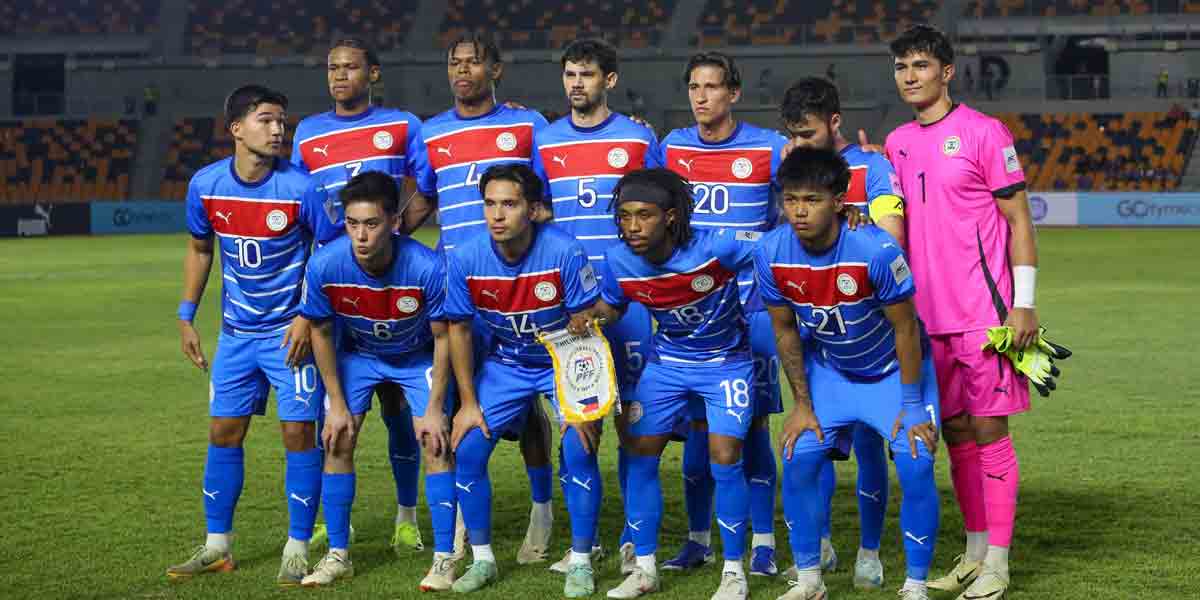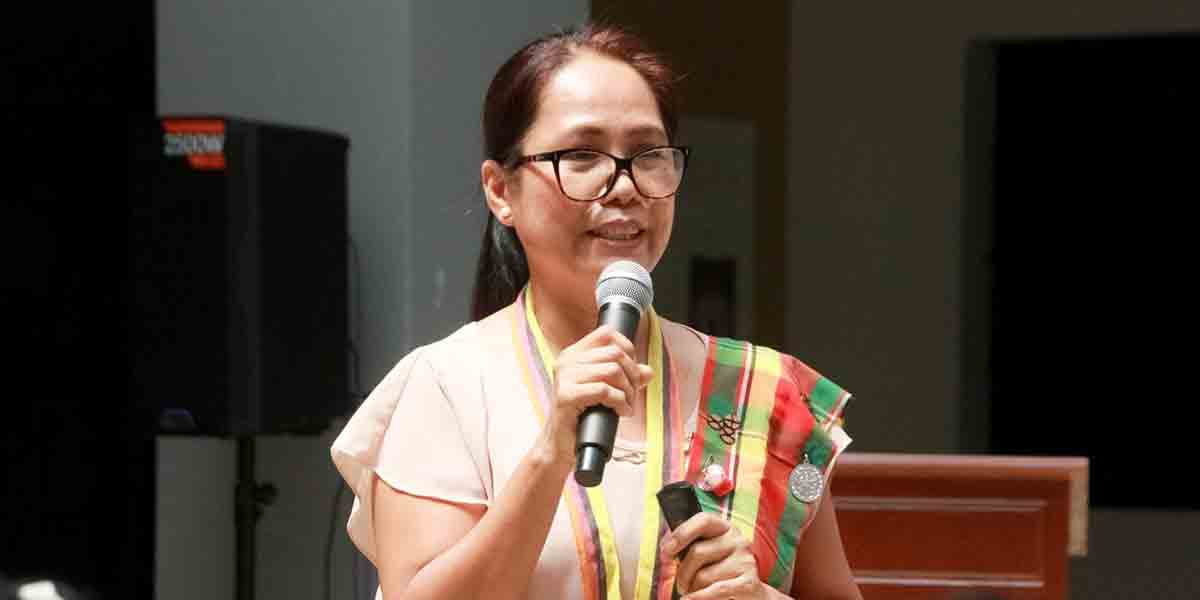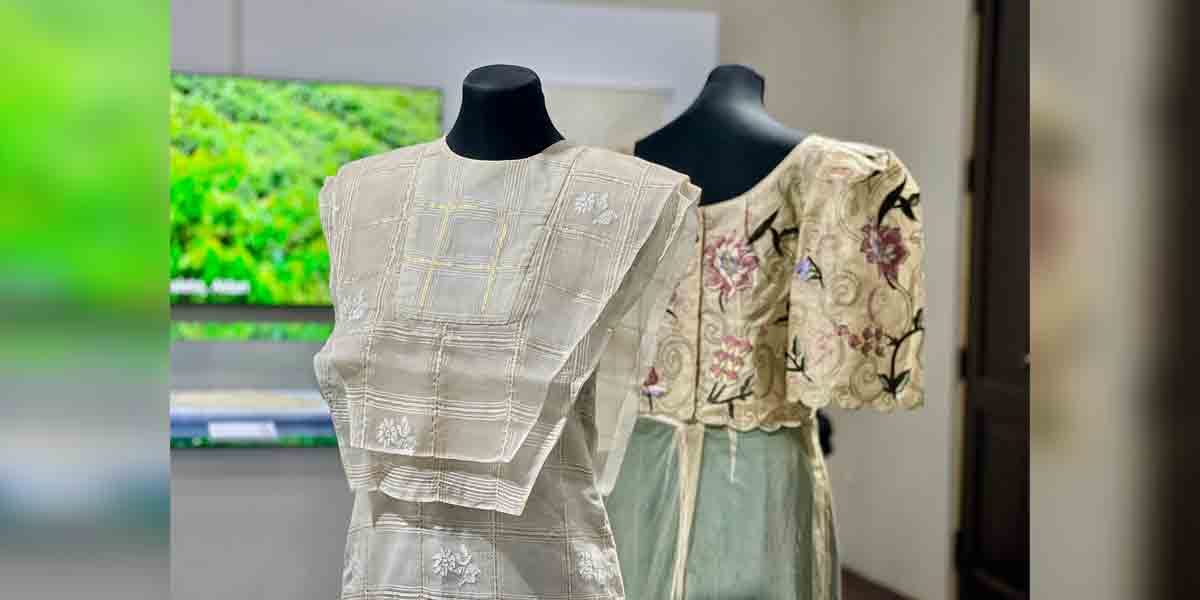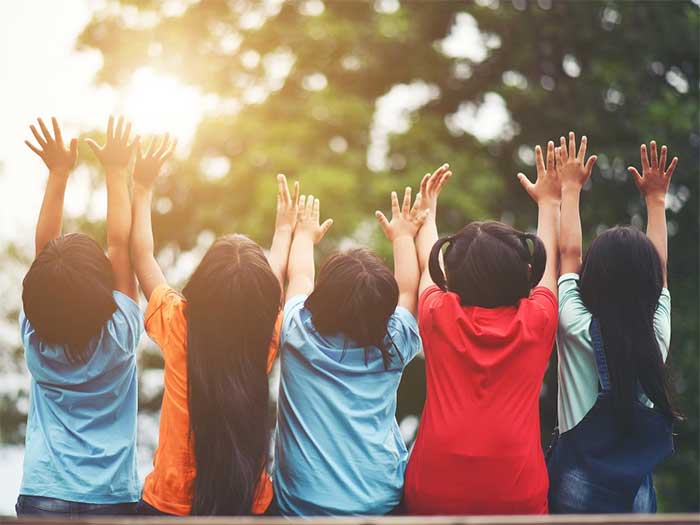
One third of Filipino children have or will experience some form of molestation or sexual violence before they reach the age of 18. With the constant advance of the internet, and as children become increasingly conversant with digital communication, the environment has also changed for them.
Prior to the Covid-19 pandemic and after, the Philippines has become a hotspot of online sexual exploitation of children. The victimization of children not only accelerated in the online settings but transactions shifted online as well.
In 2020, the Online Child Protection survey conducted by ECPAT Philippines said 40% of child and youth respondents connected with strangers through social media. There were 30% who received sexual materials through social media sites and 50% who may have experienced sexual violence and exploitation did not report any incidence.
Armed with recently enacted child protection laws and policies in the Philippines, law enforcers have taken legal action against mostly parents who are incarcerated for facilitating the abuse of their own children.
But after surviving sexual violence and are left without parents, children must immediately be provided with care. But how should this be done?
The Center for the Prevention and Treatment for Child Sexual Abuse (CPTCSA) organized a forum on February 15 on caring for the survivors of online sexual abuse and exploitation of children (OSAEC) through kinship care, a care option for children who cannot live with parents to enable them to continue growing while protecting their wellbeing.
In light of new research and practices, the forum discussed options with an international expert on kinship care and reviewed policies on child care and protection.
Zenaida Rosales, executive director of CPTCSA, said, “Children who may not be able to complain, voice out their feelings or avoid conversations about their experience of abuse are the most vulnerable and may be undergoing distress.”
“This is a pressing issue that we all have to take on,” she said. “We need to come up with plans that respond to the needs of these children, and we need to strengthen our efforts on all fronts – both online and offline.”
In a press conference prior to the forum, Council for the Welfare of Children (CWC) Undersecretary Antonio Tapales said kinship care is provided under Republic Act 11642 or Domestic Administrative Adoption and Alternative Childcare Act.
“Kinship care is also known as foster care by relatives within the fourth civil degree of consanguinity and affinity,” he said, adding that instead of placing the victim of sexual abuse under foster care with strangers, the proposal prioritizes the child’s relatives for care and support.
Tapales said if the offenders are the parents, the first trauma is being hurt because the child was sexually abused. The second trauma is when (the child) is removed from the family. Child rights advocates want the child’s life to remain as normal as possible. Instead of being removed from the family, relatives can take custody through a foster care arrangement.
The government agency responsible for the foster process is the National Authority for Child Care (NACC), which conduct comprehensive background checks prior to entrusting the child to relatives or strangers.
According to the Philippine Statistics Authority, around 33.4 million or 30.7 percent of the country’s population are children under 15 years old as of Aug. 12, 2022.
Tapales said that the Philippines is a hotspot of OSAEC because the “incidence if very high.” He cited that on Jan. 26, 2024 the Cybercrime Investigation and Coordinating Center (CICC) said that the Philippines is number one in the whole world when it comes to OSAEC.

